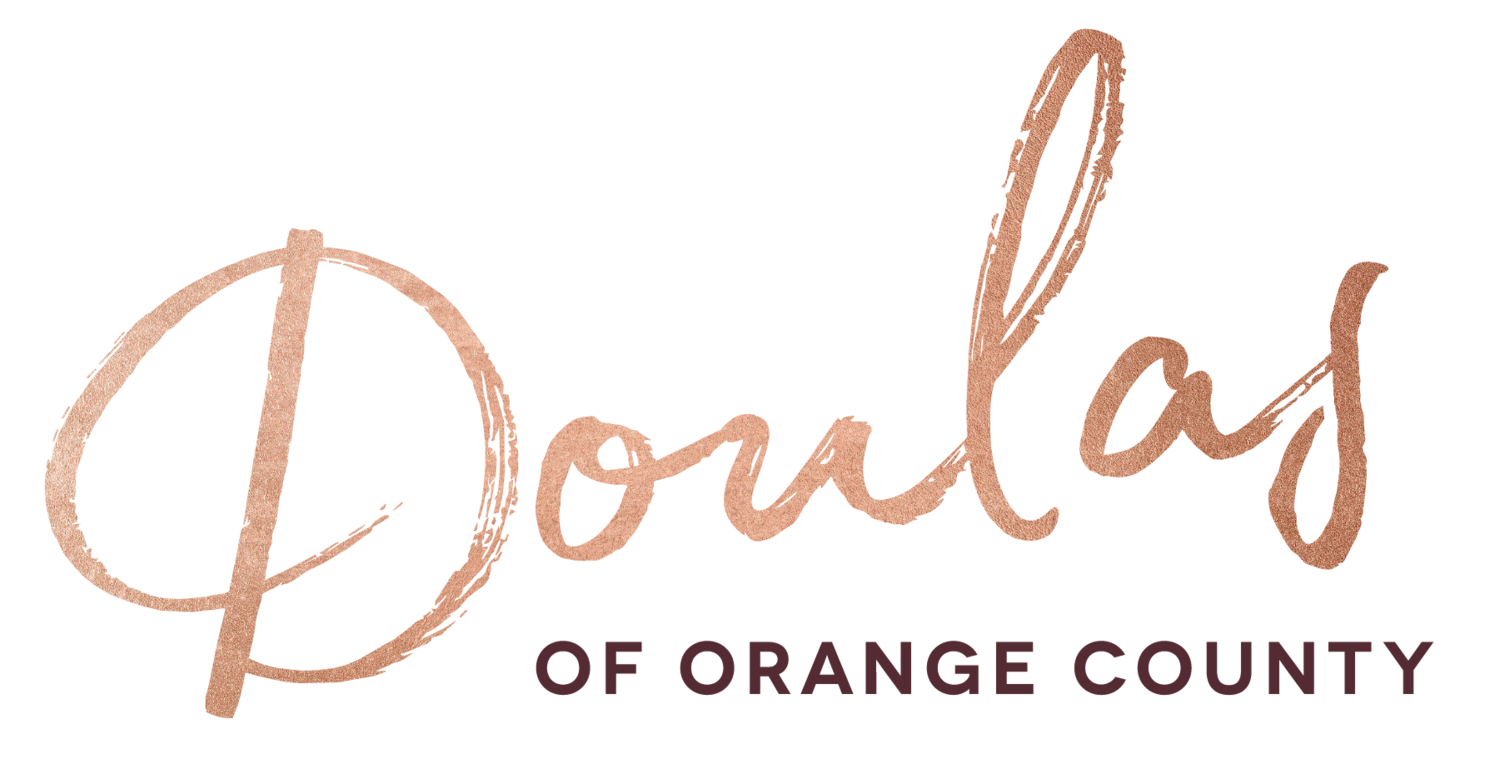1. What methods of preparation do you offer?
Many placenta specialists not only offer placenta benefits in pill form, but in the form of tinctures and salves, smoothies, as well as keepsakes if desired. Encapsulation is the most popular request and involves placing dried placenta powder in gelatin or vegan capsules. Tinctures offer a longer term use of your placenta in liquid form. Salves include dried placenta powder mixed with the healing properties of beeswax and oil to use for skin conditions for mom & baby.
The basis of most placenta preparation methods is TCM (Traditional Chinese Medicine) inspired, which involves steaming and dehydrating the placenta prior to consumption. You can also opt for the raw method which eliminates the steaming and goes straight from rinsing/cleaning the placenta to dehydrating. It is believed by some that steaming discourages bacteria growth, while others believe that steaming destroys nutrients. We recommend researching and speaking with a certified placenta professional to find the best option for you.
2. What are the benefits I can expect?
Our clients attest to the many benefits of using their placenta capsules and tincture to support their body and mind during postpartum recovery. Clients report mood & hormone balancing, help with boosting their milk supply, decrease in the amount of postpartum bleeding they experience, and increased energy. As every body and every person is different, each experience may vary, but these are the most common.
3. Where did you complete your training and what does your training entail?
In our experience, in-person trainings offer the most comprehensive option available while effectively teaching the highest safety standards. In addition to having a professional training, it is recommended that all placenta specialists or encapsulators are fully certified to uphold blood borne pathogen standards as set forth by OSHA as well as certified Food Handlers. All trainings and certifications should be kept up-to-date to ensure the safest handling and preparation of your placenta.
4. What are your sanitation and safety protocols?
The safest placenta encapsulation includes up-to-date Bloodborne Pathogens Certification which as we already mentioned.
When it comes to sanitization the only acceptable method is soaking in bleach solution or commercial sanitizer. All other methods are inferior. Equipment should be monitored for normal wear and tear and replaced as needed. Following processing each placenta, your specialist should soak all re-useable equipment in a bleach solution as set forth by OSHA to adequately kill all bacteria and prevent cross contamination. We recommend that all placenta specialists wear personal protective equipment including a mask, plastic apron, gloves, and a hair covering.
5. How do you ensure that I'm receiving my placenta and not someone elses?
This is the beauty of opting for in-home encapsulation. By transporting your own placenta and witnessing the process in your own home, there will be no doubt. For those that choose to have their placentas processed in their specialists home, rest assured that we only process one placenta at time. Your specialist confirms that your placenta is properly labeled prior to receiving your it from the hospital and keeps everything labeled throughout the entire process.
6. Do you have a contract?
This is essential for any professional placenta encapsulator. At Doulas of Orange County, our services are always contracted. A contract should state your responsibilities as the client (such as ensuring proper storage at the hospital) as well as the encapsulator’s responsibilities. Reviewing the contract prior to hiring is always an option!
Your placenta and postpartum deserve the best support offered. We encourage you to take the time to discuss relevant policies with placenta encapsulators and asking the hard questions. If you would like our personal recommendations for placenta professionals in the Orange County and Long Beach areas, please reach out to us!






